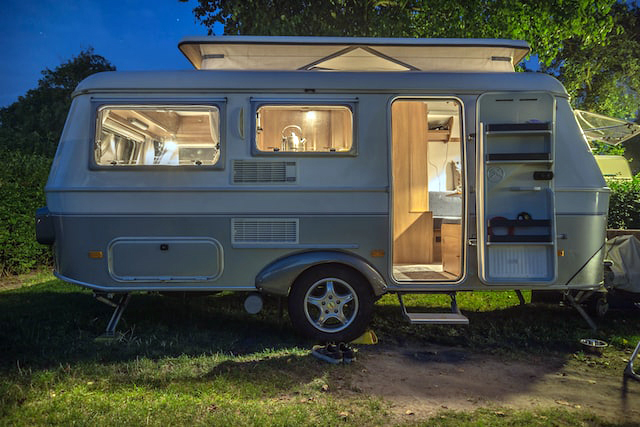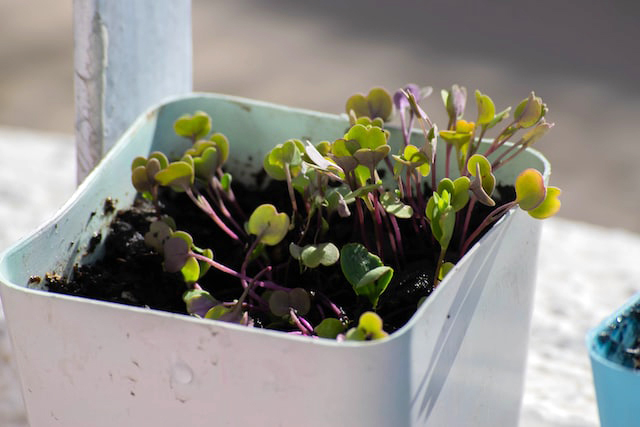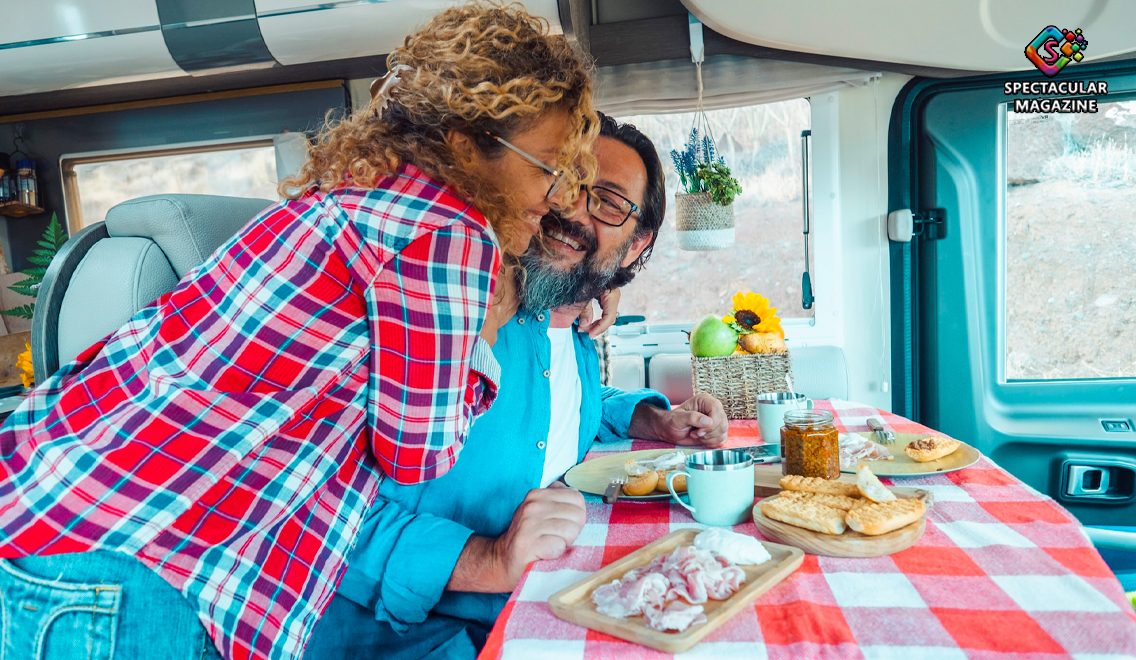15 Tips On How To Live Off The Grid
Living off the grid can be a rewarding experience, with fewer bills and freedom from traditional energy sources. But it takes planning and preparation to make the transition successful.
Here Are 15 Tips On How To Live Off The Grid:
Tip 1: Make sure you know the laws in your area before living off the grid.
Because living off the grid is considered unconventional by many, not all places will allow it. Depending on where you live, you may be required to follow zoning laws or other local regulations that could restrict your ability to live off the grid. It’s important to research and understand these laws before beginning so that you don’t run into any legal issues later down the line.
Tip 2: Figure out how you will generate power while off-grid.
 One of the main components of living off-grid is finding ways to generate energy without relying on electricity from a power company. A solar-powered generator for RV is typically a popular choice for those looking to live off-grid, as they use the sun’s energy to provide power. However, they can be expensive and you may need to consider other alternatives such as generators or wind turbines. Make sure you understand the pros and cons of each option before committing to one.
One of the main components of living off-grid is finding ways to generate energy without relying on electricity from a power company. A solar-powered generator for RV is typically a popular choice for those looking to live off-grid, as they use the sun’s energy to provide power. However, they can be expensive and you may need to consider other alternatives such as generators or wind turbines. Make sure you understand the pros and cons of each option before committing to one.
Tip 3: Consider your water source when living off-grid.
In addition to figuring out how you will generate power, you should also think about where your water is going to come from. If possible, try to find a natural source of pure water, like a well or spring, that can provide what you need without having to rely on city services. If this isn’t an option for you, look into water purification systems or even rainwater collection systems which can provide clean drinking water.
Tip 4: Start small and build gradually when living off-grid.
Don’t try to do too much all at once when transitioning to life off the grid. Take it slow, start small, and build up over time as you get more comfortable with the lifestyle. This will help you avoid burning out or becoming overwhelmed by the changes that come with this new way of life. Additionally, if you run into any issues along the way, a gradual transition makes it easier to troubleshoot and adjust accordingly.
Tip 5: Take advantage of local resources when living off-grid.
For any lifestyle change, it helps to have access to resources and a support system. If you’re living off the grid, look for local groups or communities that can offer advice and help with any questions or problems you may have. Additionally, take the time to get to know your neighbors who may be able to lend a hand in times of need.
Tip 6: Minimize your waste by using reusable items instead of disposable ones.
 When living off the grid, one of your main goals should be minimizing your environmental impact as much as possible. To do this, try replacing disposable items such as plastic containers and paper towels with reusable alternatives like glass containers and cloth towels. Additionally, look for ways to repurpose items instead of throwing them away whenever possible.
When living off the grid, one of your main goals should be minimizing your environmental impact as much as possible. To do this, try replacing disposable items such as plastic containers and paper towels with reusable alternatives like glass containers and cloth towels. Additionally, look for ways to repurpose items instead of throwing them away whenever possible.
Tip 7: Get creative with your food sources when living off-grid.
One of the biggest challenges you’ll face when living off the grid is finding sustainable food sources. Finding ways to grow your own food or hunting/fishing in an ethical manner are two great options for sourcing food without relying on grocery stores. If these aren’t feasible for you, look into alternative methods such as bartering with neighbors, joining a CSA (community-supported agriculture) program, or participating in local farmer’s markets.
Tip 8: Find efficient ways to store your food while living off the grid.
Stocking up on food is essential for anyone living off the grid, but storage can be a challenge if you don’t have access to a refrigerator or freezer. To make things easier, look for ways to store food that require no electricity such as root cellars and cold storage rooms. Additionally, consider preserving food with methods such as canning, drying, fermenting, and pickling so that it lasts longer without refrigeration.
Tip 9: Invest in items that will help you conserve energy while living off the grid.
 Since you won’t be relying on power from an electric company when living off-grid, conserving energy becomes extremely important. Look into investing in items such as LED lights and solar panels which can help you reduce your energy use. Additionally, consider items such as washable rags instead of paper towels and a clothesline instead of a dryer to further conserve energy.
Since you won’t be relying on power from an electric company when living off-grid, conserving energy becomes extremely important. Look into investing in items such as LED lights and solar panels which can help you reduce your energy use. Additionally, consider items such as washable rags instead of paper towels and a clothesline instead of a dryer to further conserve energy.
Tip 10: Learn how to fix things when living off-grid.
When living off the grid, it’s important to be self-sufficient and know how to handle any potential issues that may arise. Take the time to learn basic repair skills such as plumbing, carpentry, electrical wiring, etc., so that you don’t have to rely on outside help if something goes wrong. Additionally, stock up on essential tools and parts so that you can quickly address any problems without having to wait for them to be delivered or shipped in.
11. Prioritize your health when living off-grid.
Living off the grid can be a physically and mentally demanding lifestyle, so it’s important to take care of yourself. Make sure to get plenty of rest, eat a balanced diet, stay hydrated, and exercise regularly. Additionally, look for ways to unwind and destress such as spending time in nature or practicing mindfulness techniques like meditation and yoga.
12. Install a composting toilet and use it for your waste disposal needs.
Composting toilets, unlike traditional ones, don’t require the use of a septic system or water to flush out waste; instead, they turn the waste into nutrient-rich soil that can be used in your garden. This way you won’t have to worry about unsightly sewage lines or hazardous wastewater that could potentially contaminate groundwater sources. Plus, using a composting toilet can be much more affordable than traditional systems while still being eco-friendly!
13. Join a community of like-minded individuals when living off-grid.
Living completely off the grid can be isolating, so it’s important to find a supportive community of people who share similar values and goals. Look into joining forums online or local meetup groups where you can meet and connect with other off-gridders, swap tips, and advice, and generally have a sense of camaraderie. Who knows—you may even make some lifelong friends!
14. Educate yourself about sustainable living techniques when living off-grid.
 Living sustainably is an important part of living off the grid, so take the time to learn about techniques such as composting, water conservation, and renewable energy that you can utilize in your everyday life. Additionally, read up on sustainable farming practices so that you can ensure your food sources are as eco-friendly as possible.
Living sustainably is an important part of living off the grid, so take the time to learn about techniques such as composting, water conservation, and renewable energy that you can utilize in your everyday life. Additionally, read up on sustainable farming practices so that you can ensure your food sources are as eco-friendly as possible.
15. Have a plan for emergencies when living off-grid.
When living off the grid, it’s important to have plans in place for potential emergencies such as natural disasters or medical emergencies. Research what kind of help may be available nearby in case of an emergency (such as rescue services or shelters) and make sure you have a way to contact them if needed. Additionally, keep emergency supplies such as food, water, and medical supplies stocked up at all times.
Finally,
Living off the grid has become an increasingly popular way of life in recent years, and with its many benefits, it’s no wonder why! With the right amount of preparation and dedication, anyone can make the transition to a sustainable lifestyle free from reliance on electricity and other modern conveniences. The 15 tips outlined above will help you get started on this journey so that you can live off-grid more comfortably, securely, and sustainably!


